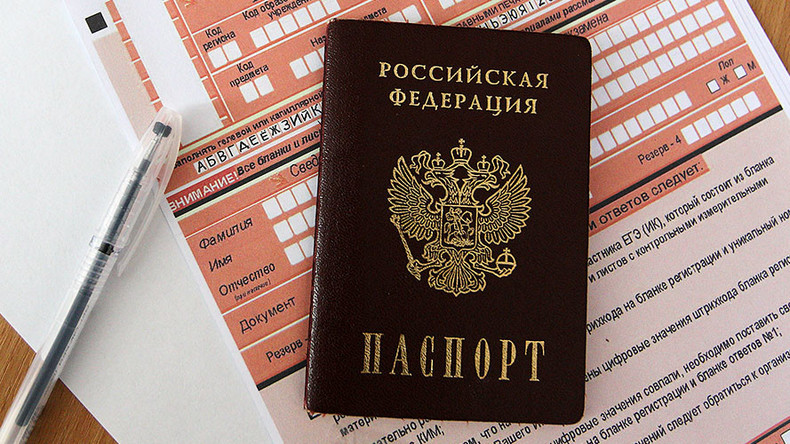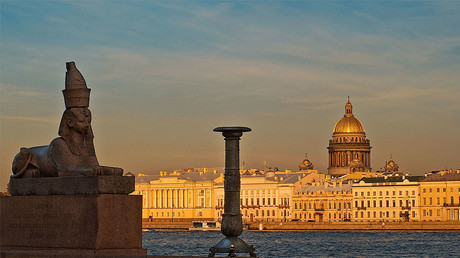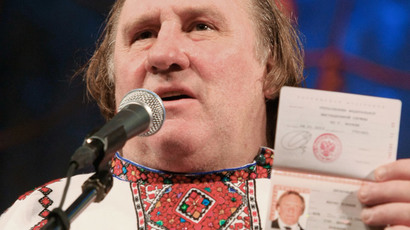United Russia MP seeks simpler citizenship process for children with foreign parent

Konstantin Zatulin MP of the United Russia party explained that the main reason behind the motion was his desire to increase the legal protection of Russian citizens who live abroad.
The existing Russian law on citizenship allows children with one Russian and one foreign parent to receive Russian citizenship through a simplified procedure if their family permanently lives in Russia – all they need is a request from their Russian parent. However, when the family in question permanently resides abroad, the consular services need written consent from the foreign parent to naturalize the child.
In comments with Kommersant daily, Zatulin called this practice a “double standard,” and said that his bill would make naturalization of children who have one Russian and one foreign parent uniform and similar to the procedure currently used for families that live in Russia.
He emphasized that if passed, the motion would ensure greater legal protection for Russian citizens abroad.
The lawmaker also said he intended to protect the interests of Russian citizens not only in the cases of controversial family conflicts covered by the media, but also in situations that are considered more usual but nonetheless occur on a widespread basis.
“In the Middle East some wives that have Russian citizenship would prefer their children to have it as well, so that these children start establishing a stable link with Russia. But they don’t have such an opportunity,” he noted. “As soon as we give them this legal opportunity the demand for it will appear,” he added.
Zatulin already drafted similar bills in 2010 and 2011, but they were rejected by parliament early on in the law-making process.
In 2012 then-president Dmitry Medvedev drafted a bill allowing children with one Russian parent to receive Russian citizenship simply on request. However, Medvedev’s bill also ordered that when the children reach legal adulthood they would be required to confirm their choice of citizenship, or lose the Russian one. This led to the upper house vetoing the motion, as senators decided that it contradicted the article of the Russian Constitution that forbids depriving anyone of Russian citizenship against their will.
Over recent years the Russian authorities have been readying several bills on simplifying the rules for granting citizenship to certain groups of foreigners, in particular investors and people with Russian heritage – those who speak Russian, and have at least one ancestor who was a permanent resident of any area within the borders of the current Russian Federation.
Presently Russian citizenship can be given to spouses and children of Russian citizens, and to former citizens of the Soviet Union. The Russian president can also grant citizenship to foreigners in recognition of their achievements or services to the country.











